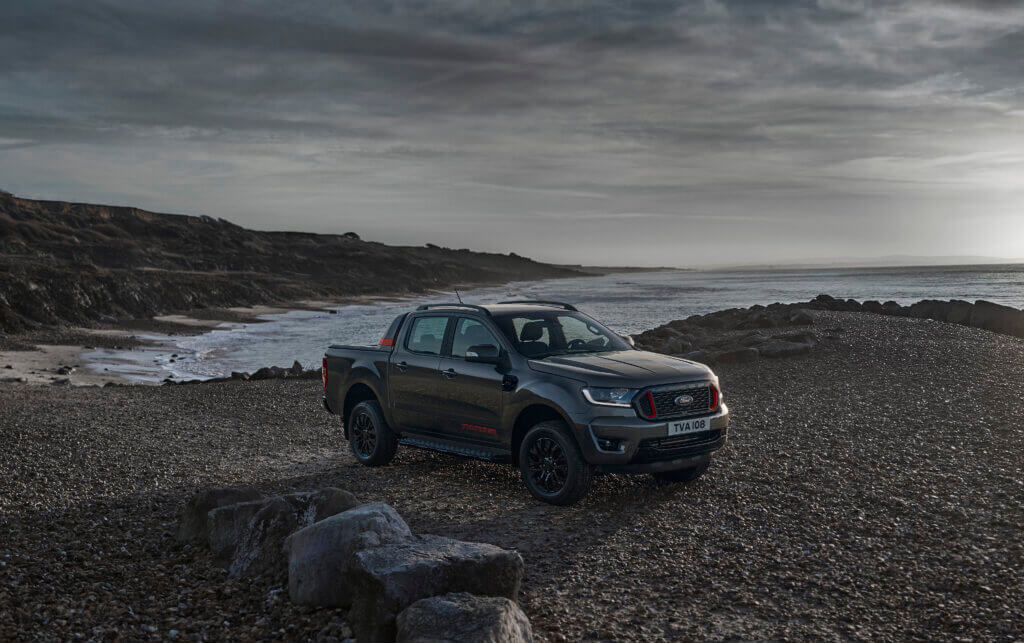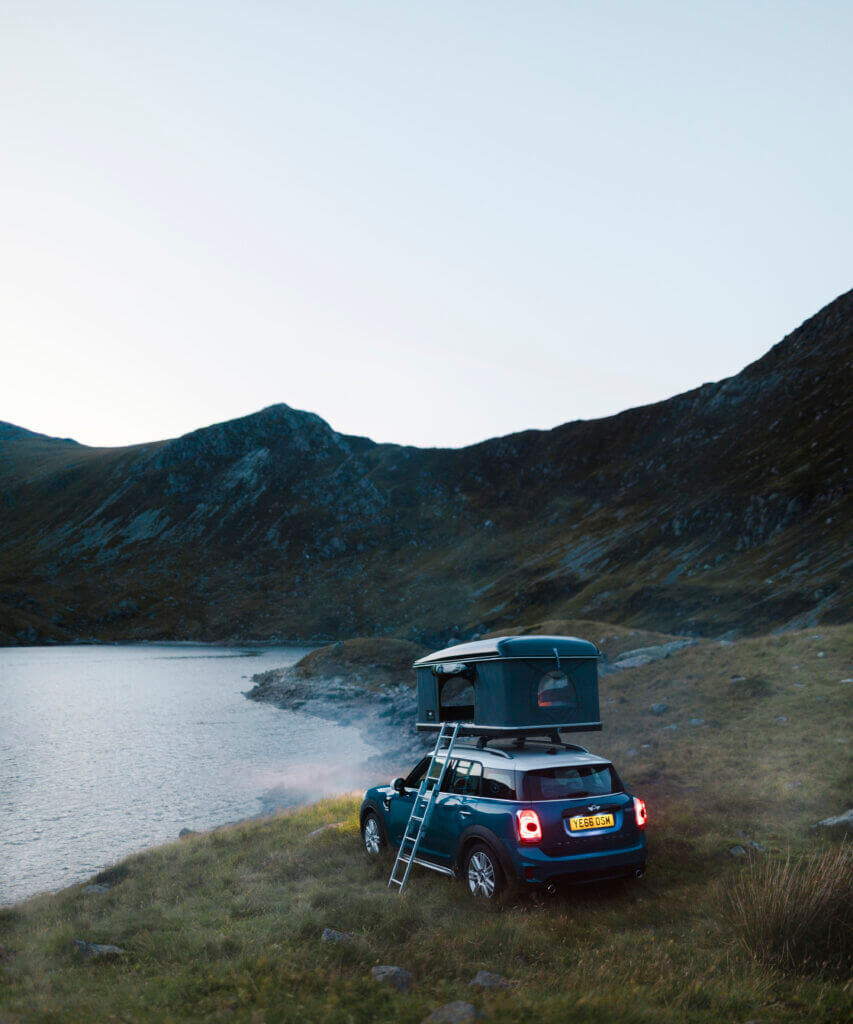Camping does put a lot of pressure on a car. You need it to offer lots of space, for one, as heading into the great outdoors often comes with the requirement for lots of equipment such as tents, sleeping bags and roll-out mattresses – as well as you and your passengers, of course.
A lot of campsites are located in more rural areas, too, so you might want a small amount of off-road ability from your next camping car so you don’t get stuck if things do, inevitably in the UK, turn a little wet. The option of having roof bars can help extend the versatility of a car, too, allowing you to add space-boosting roof boxes or a bike rack.
The 10 best-used cars for camping
While a lot of people like to go camping on odd occasions, the list of cars we’re looking at today is for people who enjoy sleeping under the stars on a more regular basis. As a result, they’re angled towards the job in hand, making camping as easy and user-friendly as possible. After all, a car that detracts from the whole experience is going to prove to be a pain, right?
Fortunately, all of the cars that we’re looking at here can make camping even more exciting while providing the key features that can ensure your trip away is as effortless as possible.




